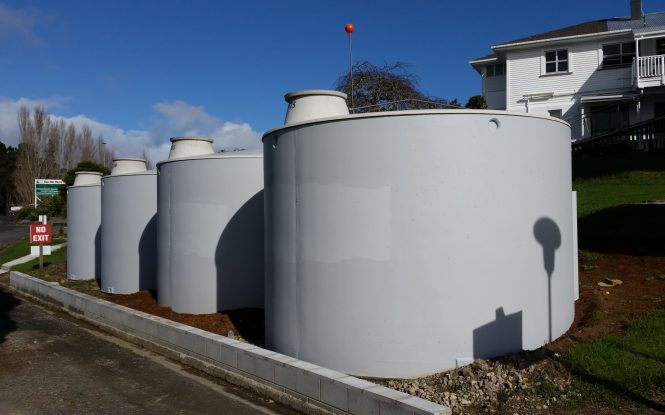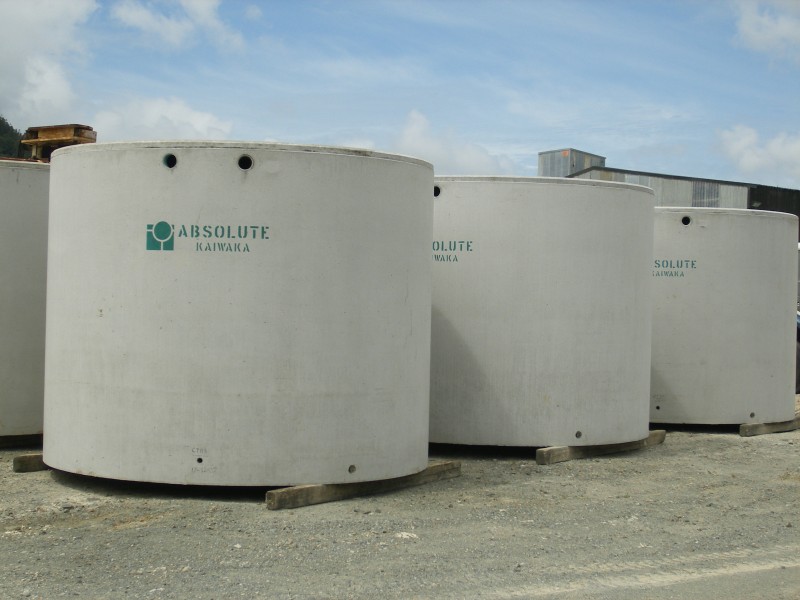Types of cement available for concrete water tanks

When it comes to water tanks, there are a few things you need to consider before you make your purchase. The first decision is what type of tank to buy. There are three main types: concrete, plastic, and metal. Each type has its advantages and disadvantages.
Concrete water tanks are sturdy and can last for many years, but they are also the most expensive option. Plastic tanks are cheaper than concrete ones but are not as strong and may not last as long. Metal tanks are the most affordable option, but they may rust over time.
The second decision you must make is what kind of cement to use for your concrete tank. There are three main types of cement: Portland cement, fly ash cement, and slag cement. Each type has its advantages and disadvantages. When buying cement for concrete water tanks, the following factors should be considered:
- -The type of water tank desired
- -The amount of cement needed
- -The intended use of the tank
- -The climate in which the tank will be used
- -The availability of the cement

Considerations when choosing concrete water tank cement:
When it comes to choosing suitable concrete water tank cement, there are several factors to take into account. The most important consideration is the climate where the tank will be located. Some cement performs better in colder climates, while others work better in warmer climates. The types of soil and weather conditions also need to be considered when selecting a cement.
Curing and protection of concrete water tanks:
Concrete water tanks are often used to store water for domestic, agricultural, and municipal use. The tanks may be above or below ground. The concrete used to make the tank should have high compressive strength and a low permeability to protect the water from contamination and evaporation.
Maintenance of concrete water tanks:
The primary function of a water tank is to store water. Concrete water tanks are popular because they are strong and can hold a large amount of water. Maintaining a concrete water tank is important to ensure it remains in good condition. The following tips will help you to keep your concrete water tank:
- Inspect the tank regularly for cracks or other damage.
- Clean the tank regularly to remove any build-up of algae or other debris.
- Repair any cracks or damage immediately.
- Keep the tank filled with water to help prevent corrosion.
- Applications for concrete water tanks:
Concrete water tanks are an important piece of infrastructure for many communities. There are several reasons why concrete water tanks are a better choice than other materials. Concrete is durable and can last many years without requiring much maintenance. It is also a fire-resistant material, which is important for safety reasons. Another advantage of concrete water tanks is that they can hold a large amount of water, which can be used for fire suppression or other purposes.







